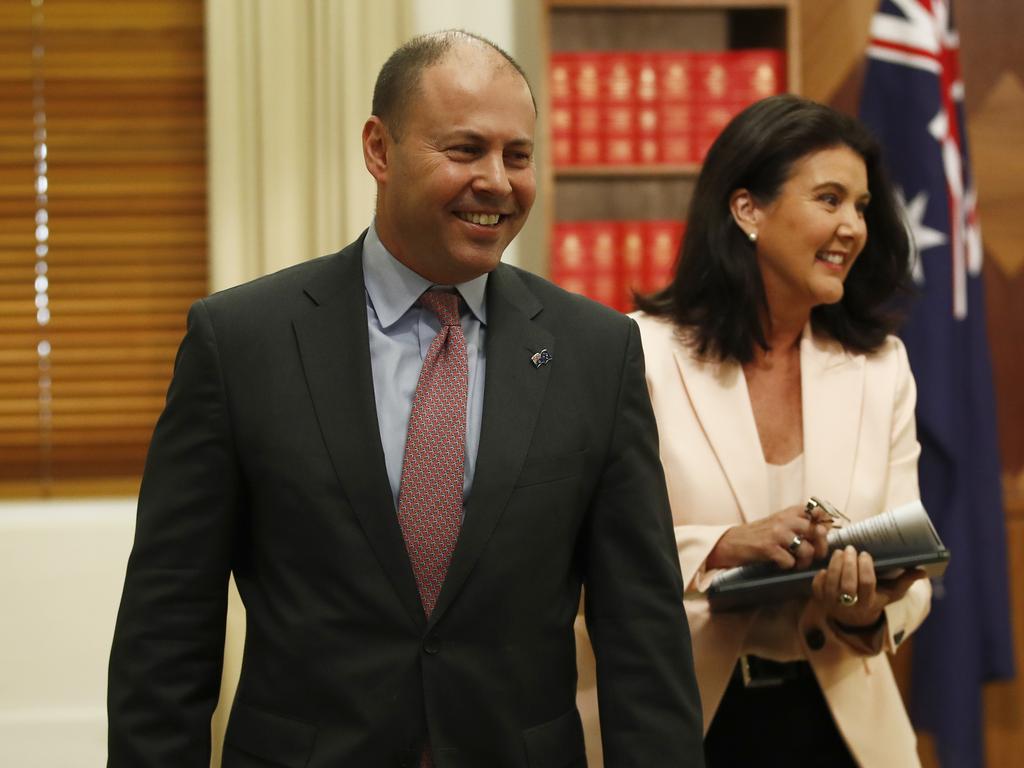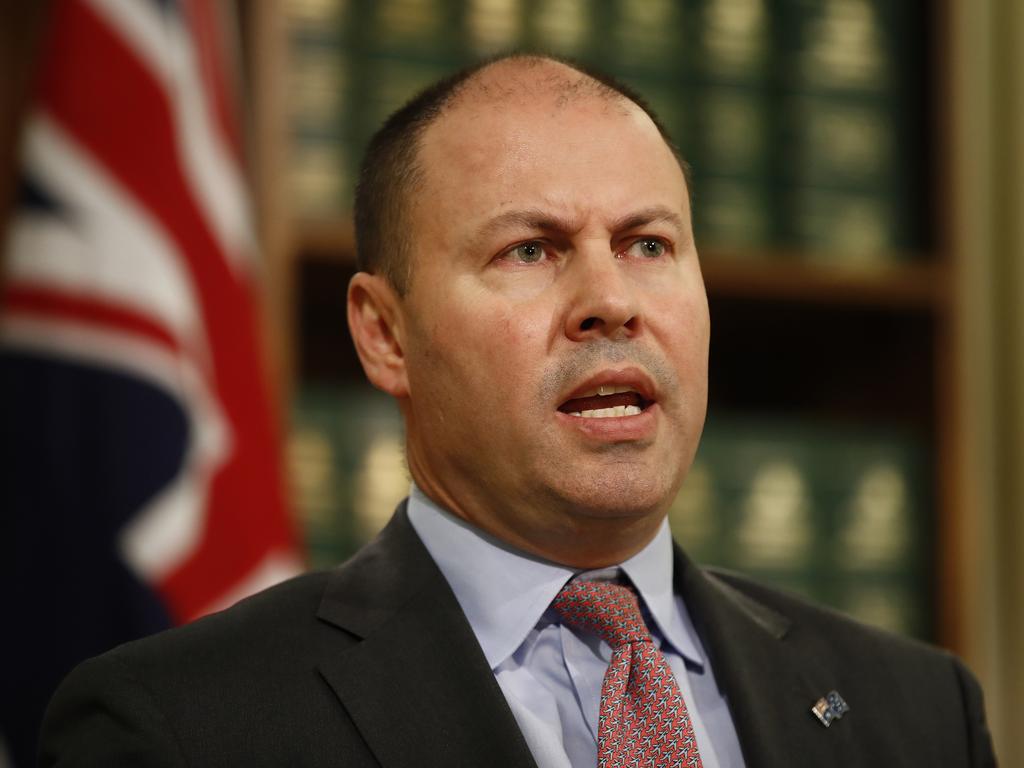
Government MPs – who enjoy a super rate of 15.4 per cent by the way – think that 9.5 per cent is enough for everyone else, even though the rise is already legislated and was also an election commitment.
The real target for many within the Coalition, however, is compulsory super more broadly. They would like to see it become optional, such that people can use their super for everything from a deposit on a home to a salary top up for other purposes. In essence they have a problem with the compulsory nature of super. Liberals finding liberalism in one policy sphere when they can’t seem to find it in so many other policy spheres most of the time.
But here is the problem: the review gives some support for the super system to tolerate a halt in the rate rising to 12 per cent, that is true. But it also underlines the central importance of compulsory super to the retirement plans of Australians and the current strength of our retirement system.
In short, if the government hoped the review would give them justification to make super optional, they were wrong. It does the opposite.

The granular detail in the report highlights that Australia is a world leader when it comes to reduced economic costs associated with an ageing population. All because of the impact compulsory super has had on government spending and the economy.
Paul Keating’s idea from the 1990s has flourished into a cornerstone of Australia’s comparative advantage internationally. Including when it comes to available capital for large-scale infrastructure projects. We are no longer reliant on investments from abroad for nation building. Our super pool is one of the largest in the world, which for a middle power like Australia is extraordinary.
Getting back to the politics of super, many within the Coalition want to both check the rise in the compulsory rate, and undercut the compulsory nature of the system. Have they missed their window for doing the former, and is doing the latter too politically difficult? Especially now that the review highlights that ending compulsory super would be a disaster.
There isn’t really the time between now and the budget to prevent the legislated rise to 10 per cent. Doing so would certainly be rushed. And the imperative for doing so – the pandemic – has already moved into the next phase. If it is going to happen I suspect the government lets super rise to 10 per cent and only then clamps down on future increases. But you have to ask yourself why? The pandemic can’t be the excuse for limiting people’s super years from now. All the while MPs keep enjoying their more generous super.
To halt the rise now, even at 10 per cent, will only highlight the hypocrisy of politicians who collect 15.4 per cent super. If the Coalition wants to cap super at less than the legislated rise to 12 per cent, the politicians should cut their own super down to size.
But of course they wont. Most complain that they “only” get super of 15.4 per cent, rather than the old fashion super scheme, which saw MPs who served three or more terms earning as much as 75 per cent of their highest salary point in parliament for the rest of their lives.
The poor things.
Senior ministers are at pains to point out that no decision has yet been made on whether or not to halt the rise in the super rate. They brief that out to some journalists, while telling others (and backbench colleagues) that it is on the cards. Walking both sides of the road.
Essentially they want to toss some red meat to the ideologues in their ranks and in the commentariat while the pragmatists try and work out if they can hack the super system to pieces without turning the next election into a contest.
Labor’s problem is that it needs someone of Keating’s caliber to unpick the Coalition politically if it does go after compulsory super. I’m not sure they have the horsepower in their parliamentary ranks.
The Morrison government has the next election in the bag. Despite problems all around them. Scott Morrison is unassailable as PM unless he delivers Labor a unifying issue to campaign on. A fight over super could do just that. Setting the next election up as a Work Choices style contest. The government arguing for something its own MPs don’t live by. Hypocrisy.
It is risky business for Morrison, and given that he’s no ideologue to begin with, his inner circle is seriously considering walking away from the fight altogether. But that too is risky, because it will cause serious dissatisfaction in the Coalition’s parliamentary ranks.
The super wars are only just getting started.
Peter van Onselen is a professor of politics and public policy at the University of Western Australia and Griffith University








The Coalition wants to use the recently released Retirement Income Review to justify a halt on the compulsory super rate rising. It is currently pegged at 9.5 per cent, but it is due to lift to 10 per cent before continuing to rise to 12 per cent by 2025.